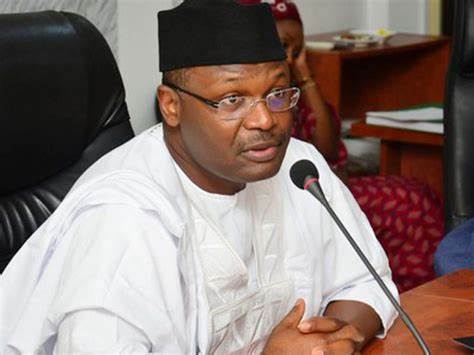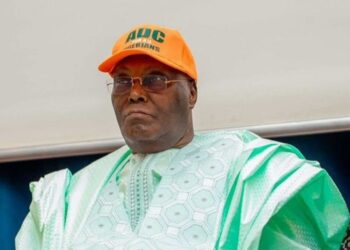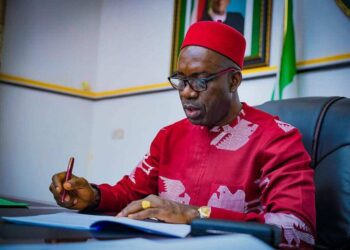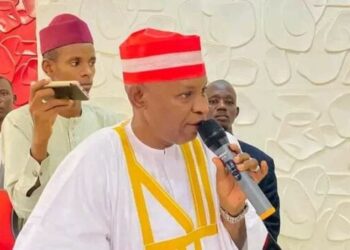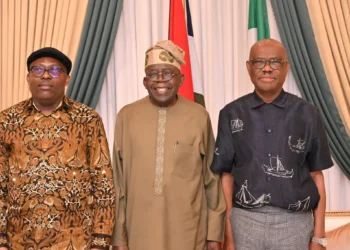A potential succession battle is emerging within Nigeria’s electoral leadership as the tenure of Independent National Electoral Commission Chairman Professor Mahmood Yakubu approaches its constitutional end in November 2025.
Yakubu will have completed his maximum two terms by the time his appointment expires, creating a crucial vacancy at the helm of the country’s electoral body. However, President Bola Tinubu has not yet indicated his preferred candidate for the position, leading to intensifying behind-the-scenes maneuvering among various political interests.
Sources reveal that multiple political groups are already advancing their preferred candidates for consideration, with particular focus on individuals they view as advantageous ahead of the 2027 general elections. Several of the names being circulated include former National Commissioners and Resident Electoral Commissioners, though questions have been raised about their professional track records and suitability for the role.
The succession dynamics have raised concerns about potential electoral manipulation, particularly given Nigeria’s history of controversial elections. Citizens still remember the widely criticized 2003 and 2007 general elections, with the late President Umaru Musa Yar’Adua publicly acknowledging that the 2007 election that brought him to power was severely compromised.
The current situation echoes the contentious succession process that occurred in 2015 following the departure of reformist INEC Chairman Professor Attahiru Jega. At that time, Jega had properly handed over leadership to Ambassador Ahmed Wali, a National Commissioner who was next in the statutory hierarchy to serve as acting chairman.
However, the transition became controversial when former President Muhammadu Buhari intervened within 24 hours to bypass Wali and instead appoint Mrs. Amina Bala Zakari, who was reportedly his relative. The appointment, communicated through a letter from then-Head of Service Danladi Kifasi dated June 30, 2015, sparked nationwide criticism due to perceived nepotism, as Zakari was junior to Wali in INEC’s organizational structure.
The controversial appointment decision severely damaged INEC’s credibility and left the commission embroiled in public criticism for months. The situation was eventually resolved on October 21, 2015, when Buhari appointed Mahmood Yakubu as the substantive chairman after extensive lobbying efforts from various quarters.
Electoral observers and civil society groups are closely monitoring the current succession process, hoping to avoid a repeat of the 2015 controversy that undermined public confidence in the electoral commission. The appointment of Yakubu’s successor will be crucial for maintaining INEC’s integrity and public trust ahead of the 2027 general elections.

